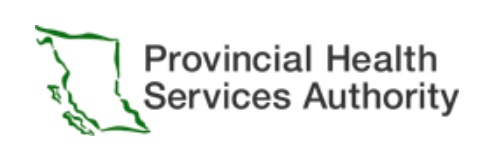
Obtaining records from government and other public institutions in Canada is done through the freedom of information (FOI) process. Each jurisdiction has its own laws governing the process.
‘In Canada, freedom of information laws exist to empower citizens and to promote an open and democratic society. By enabling Canadians to submit requests for records held by government and public institutions, these laws facilitate an open discussion of operations, and help to promote transparency and accountability’ (Globe and Mail)
The state of our access system is so bad that Canada’s information commissioners recently signed a joint resolution urging federal, provincial and territorial governments to modernize the law and strengthen the public’s right to information.

“Our acts are not to par, and the systems are not to par. Information management is not to par. Every one of us is calling on our governments to do something about it,” the federal Information Commissioner Caroline Maynard was quoted as saying. (National Magazine, Canadian Bar Association)
‘Reporting in the Globe and Mail has revealed that public institutions skirt freedom of information laws, by overusing redactions, failing to meet legislated timelines and claiming “no records” exist when they do. And these institutions face few – if any – consequences for ignoring the precedents set by courts and information commissioners.’ (The Globe and Mail)
The culture of public institutions “must be founded on the fundamental principle that information under their control belongs to the people they serve. In order to restore a collective sense of social cohesion and trust in our public institutions, Canadians must be able to rely upon an accurate and truthful source of facts and evidence about present and historical events,” Excerpt from joint resolution signed by Canada’s information commissioners.
RESOURCES:
‘Secret Canada’ is freedom of information project from The Globe and Mail. This is an excellent and comprehensive resource. It explains the problems with Canada’s FOI system and also provides information on how to file your own FOI request https://www.secretcanada.com
Some articles worth reading:
https://www.theglobeandmail.com/canada/article-freedom-of-information-cities-audit
The Canadian Association of Journalists
Fix Canada’s broken access to information system
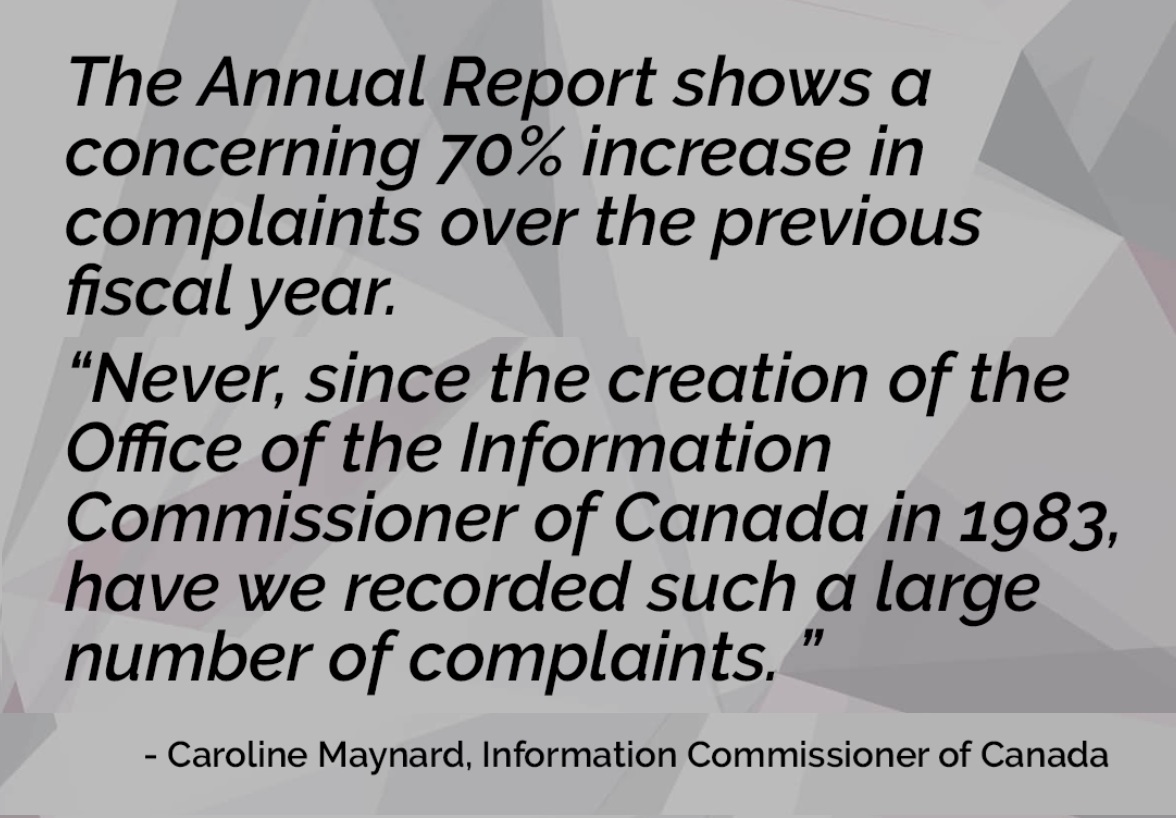
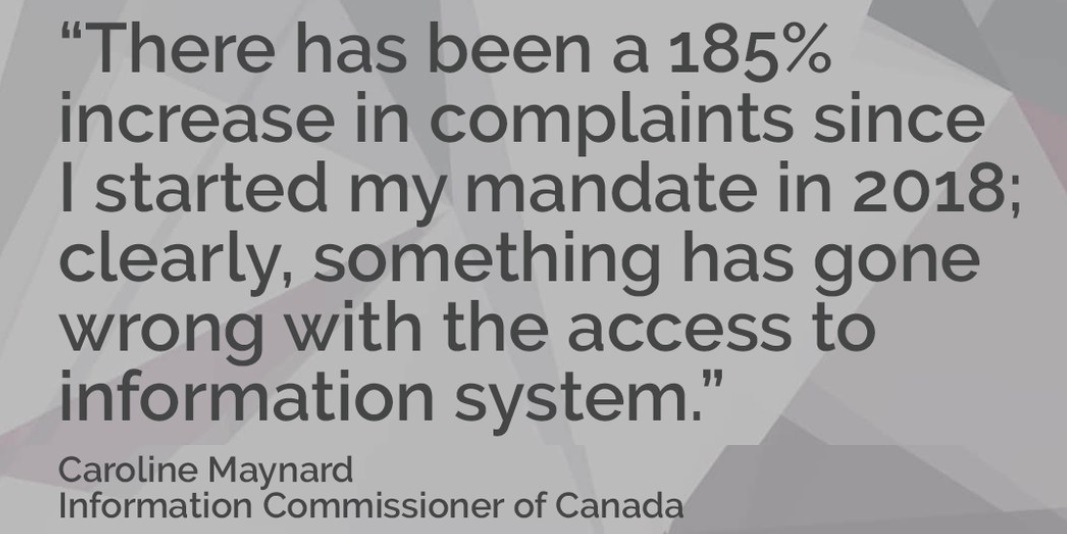
OUR EXPERIENCE:
It takes a lot of time and patience to access information to uncover the truth. We encountered obstruction and delays. You must request specific documents, you can’t simply ask a general question. It can be challenging to know and understand which records are even available to request. For example, after receiving some documents from BCAS, we realized that the answers we required were in a different record that we did not realize existed. We had to submit another FOI request. We are still waiting for that to be fulfilled. 7 months after Sidney’s death we still do not know if they will release that record.
In BC, (and most jurisdictions) the Act allows for 30 business days from when they acknowledge that your application request is complete, to respond to your request. They can then notify you repeatedly that they need another 30 days. As an example, a request for records from UVic was submitted April 2nd, UVic acknowledged the request April 12th, and we were notified of two extensions. In the end, the request was fulfilled August 9th, four months after our initial request. We will now have to submit another FOI to follow up on documents we received.
There are broad exceptions that institutions can use to refuse you complete access, or to redact large portions of the documents that you are requesting. For example, we were initially denied access to the 911 call and were only given a transcript that omitted vital information. The documents we received from UVic were heavily redacted using the exceptions listed below (excerpt from letter from UVic explaining section of the act used to justify their extensive redactions):
“Some of the information in the enclosed responsive records is excepted from disclosure under the Act. The severed information is excepted from disclosure under the sections listed below and we have noted on the record which section of the Act was applied:
Section 13 (Policy advice or recommendations) – The head of a public body may refuse to disclose to an applicant information that would reveal advice or recommendations developed by or for a public body or a minister.
Section 14 (Legal advice) – The head of a public body may refuse to disclose to an applicant information that is subject to solicitor client privilege.
Section 15 (Disclosure harmful to law enforcement) – The head of a public body may refuse to disclose information to an applicant if the disclosure could reasonably be expected to:
(l) harm the security of any property or system, including a building, a vehicle, a computer system or a communications system.
Section 16 (Disclosure harmful to intergovernmental relations or negotiations) – The head of a public body may refuse to disclose information to an applicant if the disclosure could reasonably be expected to:
(b) reveal information received in confidence from a government, council or organization listed in paragraph (a) or their agencies.
Section 19 (Disclosure harmful to individual or public safety) – The head of a public body may refuse to disclose to an applicant information, including personal information about the applicant, if the disclosure could reasonably be expected to:
(a) threaten anyone else’s safety or mental or physical health,
Section 22 (Disclosure harmful to personal privacy) – The head of a public body must refuse to disclose personal information to an applicant if the disclosure would be an unreasonable invasion of a third party’s personal privacy.”
We have now submitted a review of those redactions to the Office of the Information and Privacy Commissioner.
Seven months after Sidney’s death we wait… for the review of the UVic redactions and documents, for two FOI’s we submitted to BCEHS, and for the new FOI we will be submitting to UVic now that we know what is still missing from our original request.
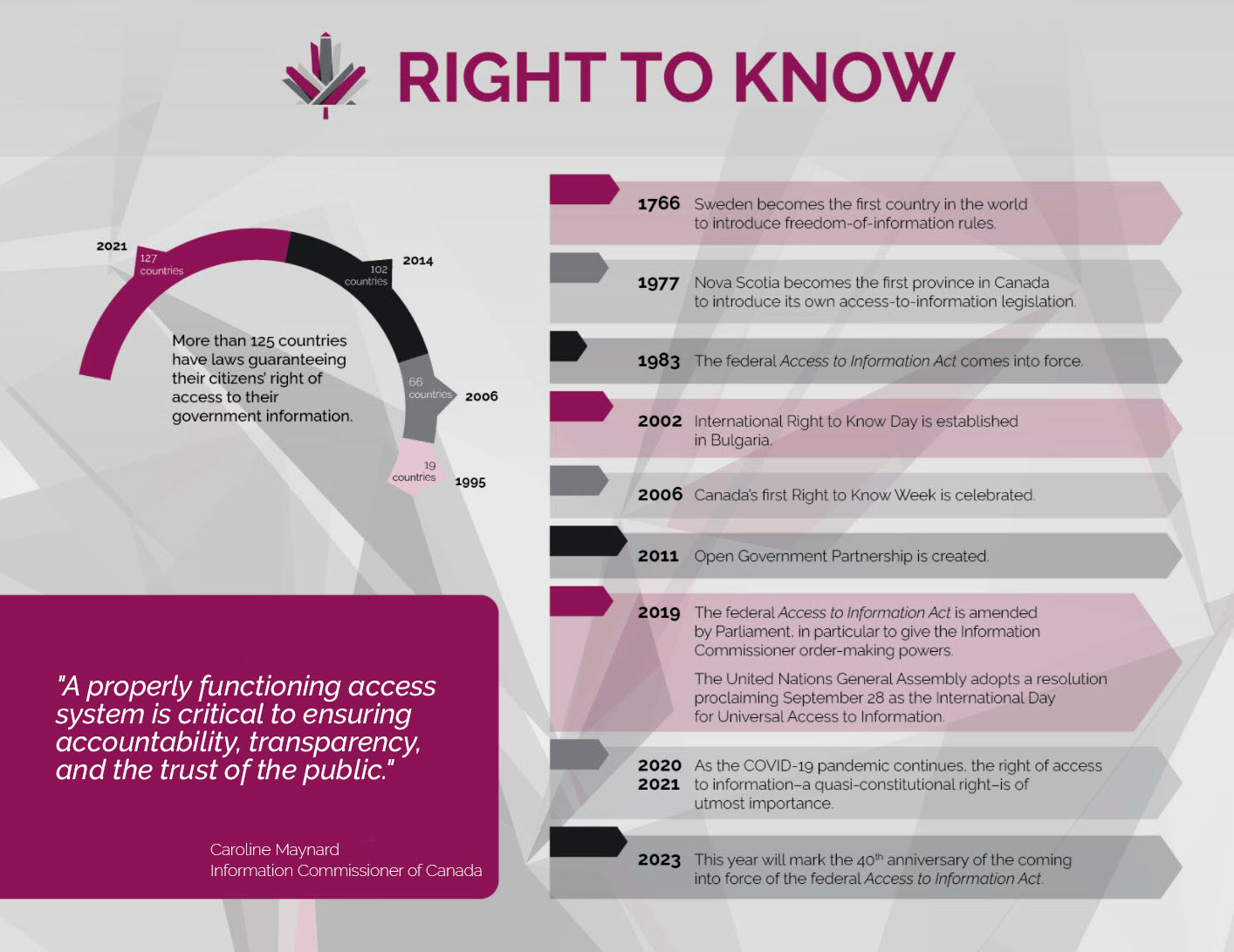

No information found
– REDACTED –
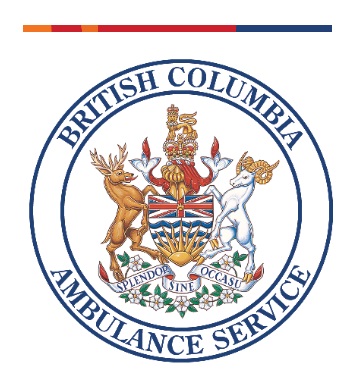

– SECTION 13 –
privacy concerns
